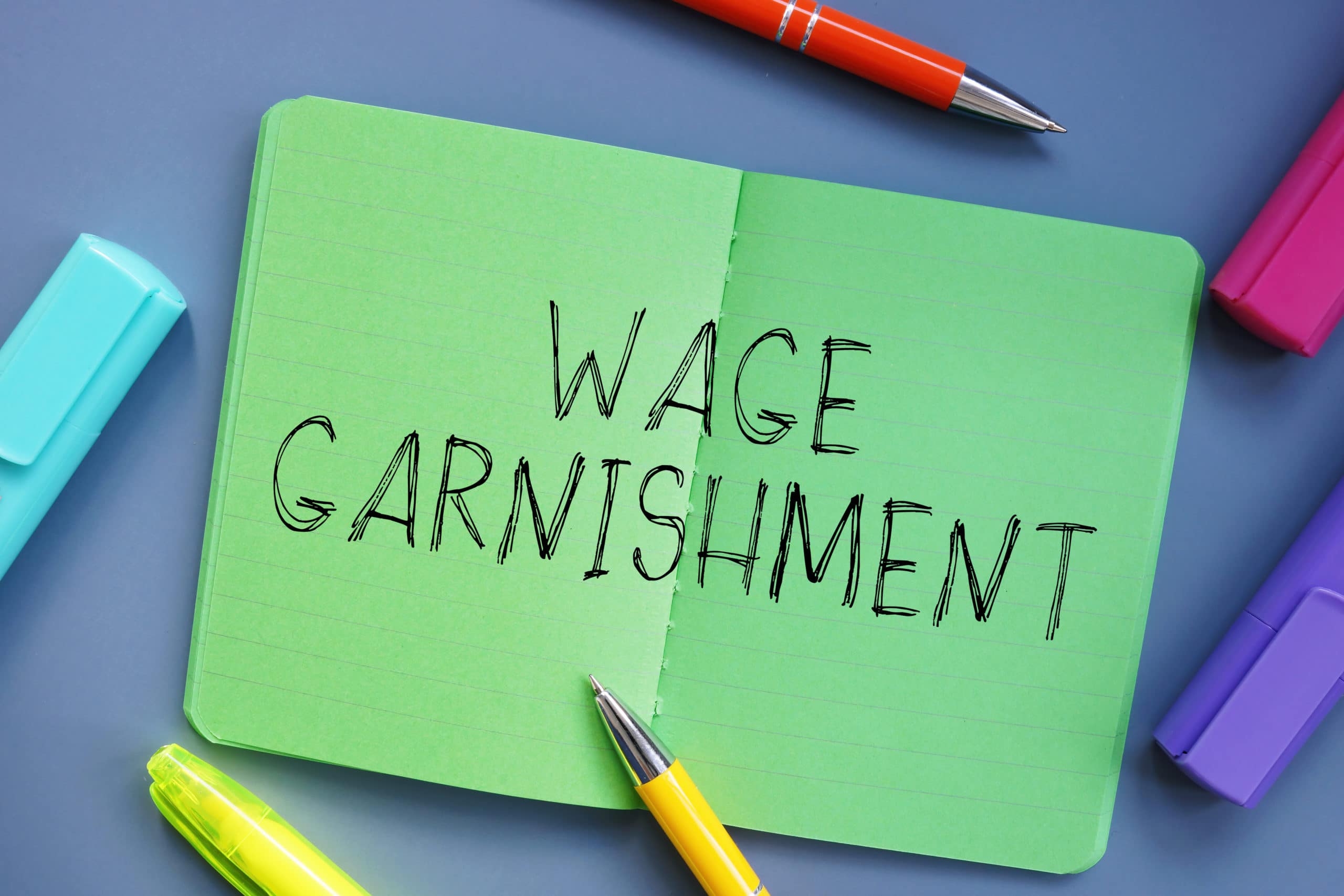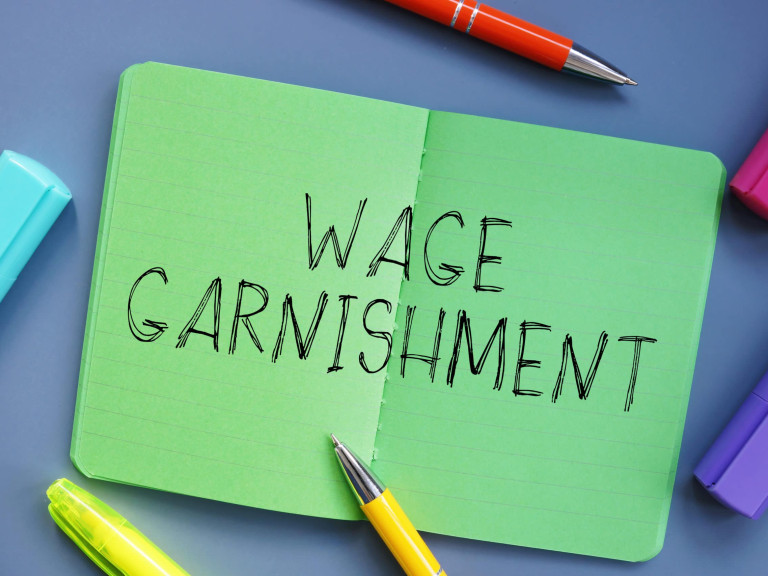As the most common type of garnishment in Michigan, wage garnishment can trigger considerable stress and anxiety that can lead to physical and emotional distress issues. If a creditor receives approval from a civil court judge to garnish your wages, you have fallen behind the curve in trying to stop the company from taking your hard-earned money.
How wage garnishment works in Michigan starts by examining a landmark federal consumer protection law, before diving into how the State of Michigan handles wage garnishment cases.
How Federal Law Treats Wage Garnishments
Passed by the United States Congress on September 20, 1977, the Fair Debt Collection Practices Act (FDCPA) prohibits dozens of previously legal debt collection tactics. The FDCPA makes it illegal for an original creditor or a debt collection agency to threaten you in any way. This means an original creditor and a third-party debt collector cannot threaten to garnish your wages. However, both Michigan and federal statutes allow companies to file lawsuits that seek approval for wage garnishment orders.
Types of Debt Eligible for Wage Garnishment
Creditors and bill collectors have the right to garnish many different types of debts. Here are a few of the most common types of debts that are eligible for wage garnishment cases.
- Taxes at all government levels
- Credit cards
- Medical bills
- Alimony
- Child support
- Student loans
Some types of debt, such as taxes, child support, and student loans, do not require a formal wage garnishment order. A process called “attachment of earnings” allows the appropriate creditors to garnish wages without first obtaining a valid court order.
How Michigan Defines the Wage Garnishment Process
After an original creditor or a debt collection receives a judgment against a consumer, the company has the right to apply for what is called a “writ of garnishment” through the same court that issued the judgment. An employer where the defendant works must respond to the writ of garnishment within a specified period. The employer must state whether you earned a salary or hourly wages. You have the right to request a hearing to object to the writ of garnishment order. However, you should not expect to be able to litigate the case. The hearing should focus on any hardship factors you encountered that got you into debt and contribute to a decision that reduces the amount of the wages garnished. The court couldn’t stop the garnishment and only decreased the garnishment percentage from 25% to 15%.
How Much Can a Creditor or Third-Party Debt Collector Take Out of Your Paycheck?
Each state established rules determining how much an original creditor or a bill collector can garnish from a paycheck. Michigan law stipulates that a creditor or a debt collection agency can take no more than 25% of your net pay. This means that after taxes and employer-sponsored benefits are subtracted from gross pay, an original creditor or a third-party debt collector can garnish 25% of your weekly earnings.
What happens to a consumer that faces multiple wage garnishment orders? If you have more than one original creditor or bill collector filing for a writ of garnishment, the total amount taken out by all the companies remains at 25 percent. First come, first serve is the principle here, as the first company in line for garnishing your wages can take out up to 25% or your wages. The other companies must wait for the first writ of garnishment to expire.
How Do You Stop a Wage Garnishment Order?
You should not wait for a writ of garnishment to fight back against a company that wants to take your hard-earned money. There are several ways to stop a writ of garnishment.
Motion to Set Judgment Aside
This tactic requires the legal expertise of a Michigan wage garnishment attorney. Numerous legal considerations might make filing a motion to set aside a judgment the wrong thing to do. Speak with an experienced bankruptcy lawyer to learn more about filing a motion to set aside a judgment. This option is a long shot, and you are unlikely to prevail.
Take Care of the Debt in Question
Original creditors and debt collection agencies want their money. Suppose you are proactive by initiating discussions to settle an outstanding debt. In that case, the company involved in the dispute should be open to setting up an arrangement that appeals to both parties. Paying a debt not only prevents the issuing of a writ of garnishment, it should also improve your credit score.
File Bankruptcy
As a legal process of last resort, filing for bankruptcy immediately ends a writ of garnishment. However, you have to weigh the long-term repercussions of filing for personal bankruptcy. For example, filing for bankruptcy remains on your credit report for seven years with a chapter 13 filing and 10 years for a Chapter 7 filing.
Wage Garnishment and Termination
We work with many clients that fear their employers will fire them because of a wage garnishment order. Wage garnishment laws typically prevent employers from terminating employees. However, that can change if more than one wage garnishment is filed. Please consult with our consumer protection attorneys to learn more about the legal relationship between you and your employer.

